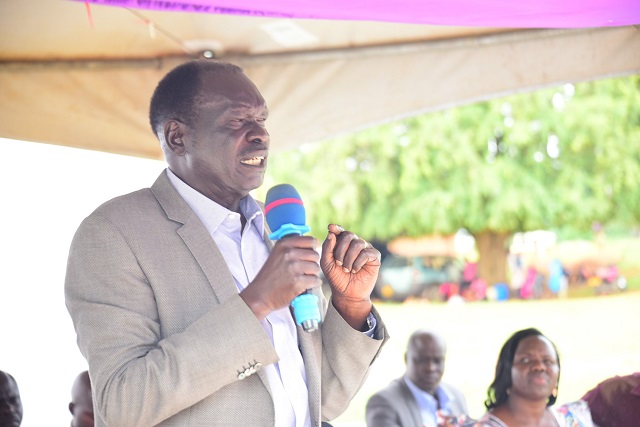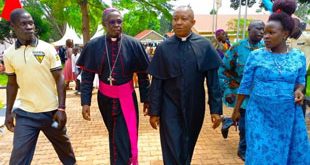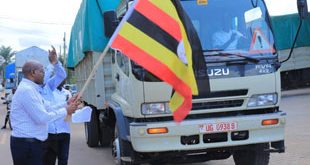
Kampala, Uganda | THE INDEPENDENT | Uganda has threatened to end its progressive policy for refugee management over limited support from humanitarian aid agencies and countries where the refugees come from. Uganda’s progressive policy has been praised as one of the best refugee management models as it entitles a refugee to work, have freedom of movement, and can access social services, such as health and education.
The Minister for Relief, Disaster Preparedness, and Refugees, Hillary Onek Obaloker however says the country isn’t receiving the resources that match the progressive model yet its hosting the highest numbers of refugees. Onek says if the government doesn’t get the needed support, it may be obliged to change its policy and pass out stringent measures on who can qualify for refugee status in the country.
He notes that the country’s Refugee Response Plan for 2022, which combines both humanitarian and development was funded by only 60 percent, which isn’t enough to sustain the high number of refugees. For instance, he notes that refugees in the country only receive about three dollars a month compared to other regions like Europe where funding to refugees is adequate.
The Minister made the statements on Tuesday during the celebration to mark World Refugee Day at Paluda Secondary School in Palabek Refugee Settlement in Lamwo District, which is home to some 79,000 refugees mostly from South Sudan. The national event was celebrated under the theme “Hope Away from Home”.
According to Onek, it’s high time for all the countries under the Intergovernmental Authority on Development (IGAD) from where the refugees fled to take responsibility for their citizens in Uganda.
He explained that the country is facing huge challenges in social service provision for refugees and declining tree covers owing to the large numbers of refugees it’s hosting. Last week, ministers responsible for Refugee Affairs from Member States of IGAD and Partner States of the East African Community (EAC) signed the Munyonyo Declaration on Durable Solutions for Refugees in the East and Horn of Africa.
The declaration addresses among others issues of Government-led whole-of-society approaches; Socioeconomic inclusion, return and reintegration, resettlement, local integration, partnership, burden, and responsibility Sharing. The United Nations High Commissioner for Refugees (UNHCR) Country Representative for Uganda Mathew Crentsil acknowledged that the aid agency is facing financial challenges which have affected its funding for refugee situations.
He however says it would be catastrophic for the country to change its open-door policy for refugees given its numerous advantages for those fleeing from violence. According to Crentsil, the aid agency with support from the government is embarking on innovative approaches to empower refugees away from the care and maintenance approach but notes that it takes the intervention of other nontraditional donors.
John Bosco Kyaligonza, the Acting Refugee Desk Officer for Lamwo District says amid the dwindling funding, the government and aid agency should refocus their interventions from relief assistance to skill development. He says skilling refugees will help them in becoming self-sustainable away from depending on handouts from aid agencies and the government.
For the last three years, UNHCR has hardly raised 47 percent of its yearly budgets amidst an increasing number of refugees in the country and across the world. Equally, the World Food Programme since 2020 reduced food rations to refugees in Uganda by 40 percent, 60 percent, and 70 percent in different settlements over limited findings, a situation that saw an exodus of refugees to other countries.
Uganda is home to some 1.5 million refugees, the biggest in Africa and the third highest in the world the majority of whom are from South Sudan and the Democratic Republic of Congo (DRC).
*****
URN
 The Independent Uganda: You get the Truth we Pay the Price
The Independent Uganda: You get the Truth we Pay the Price


